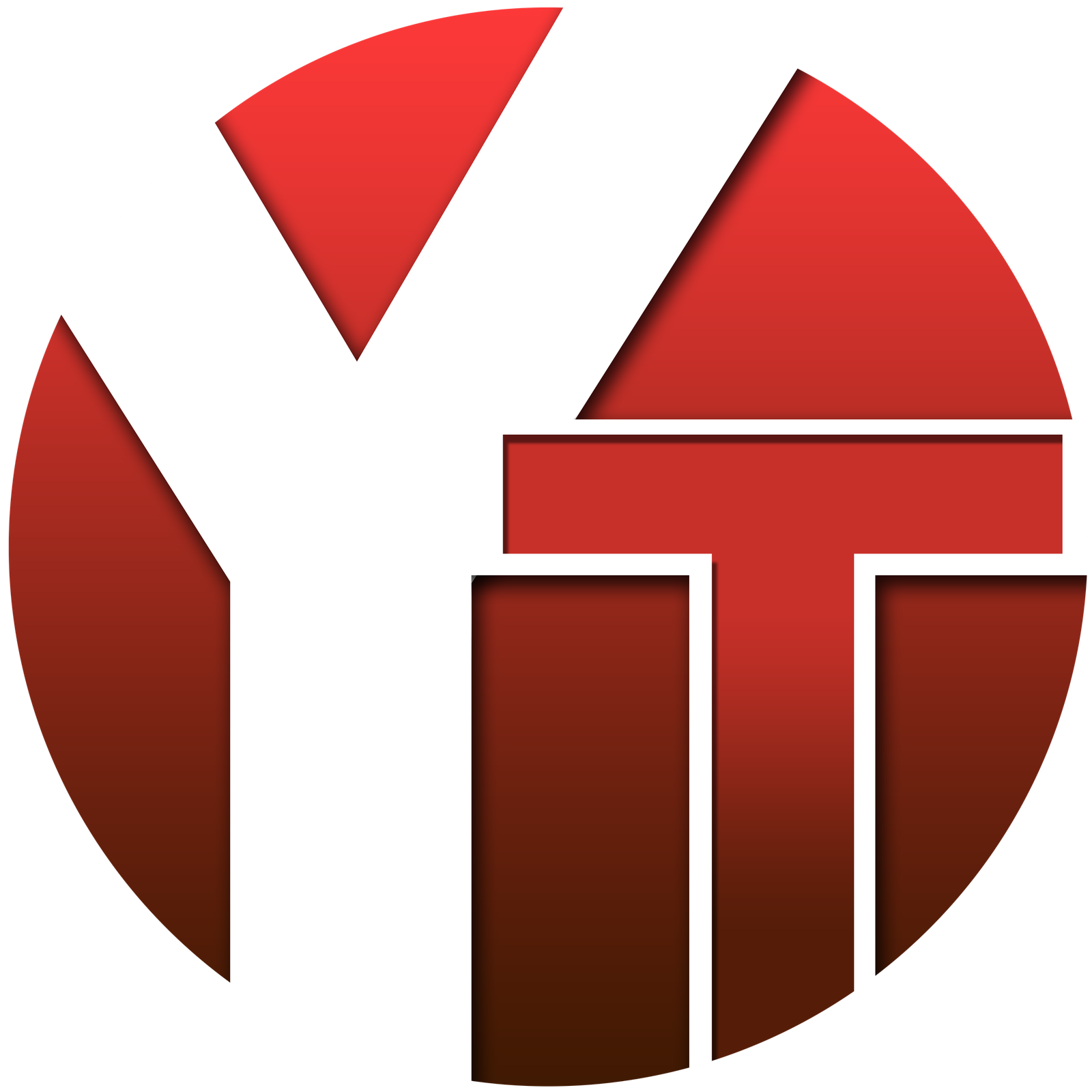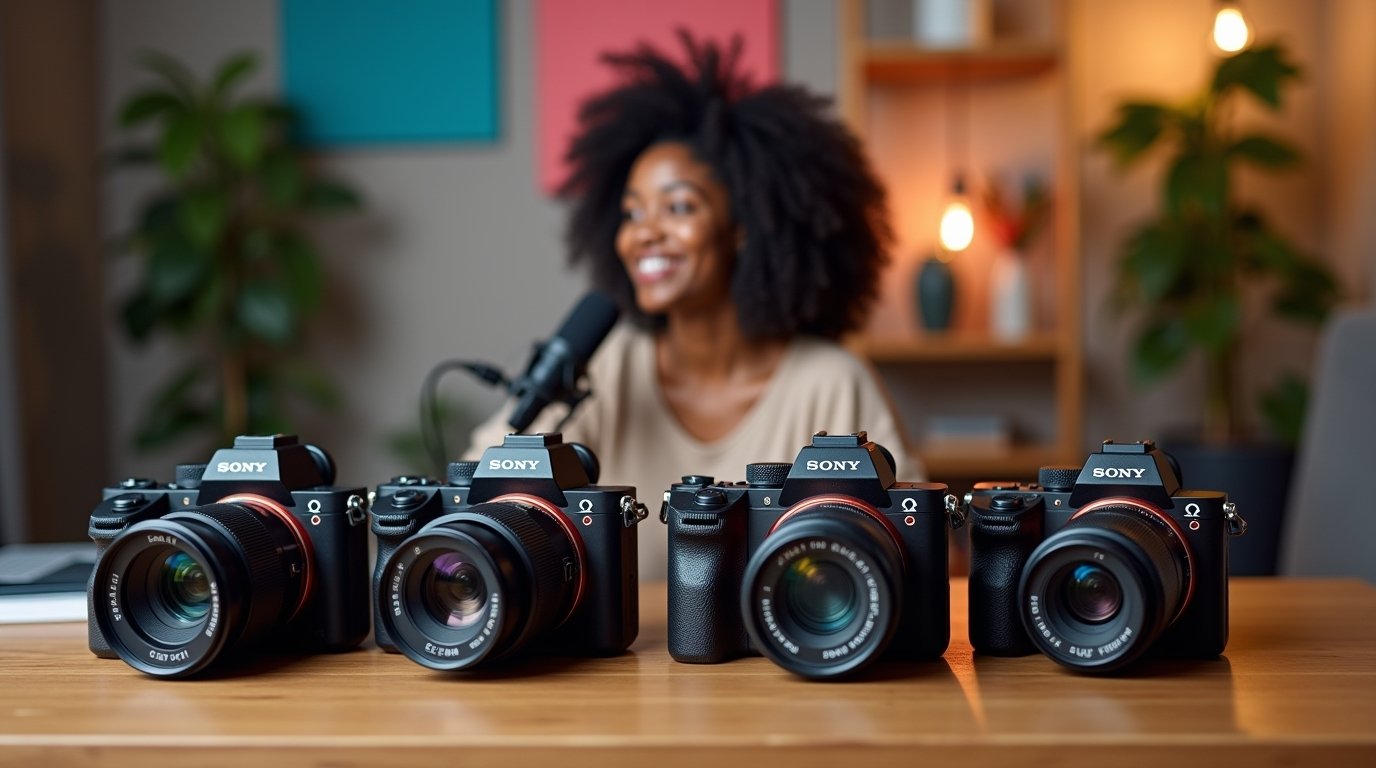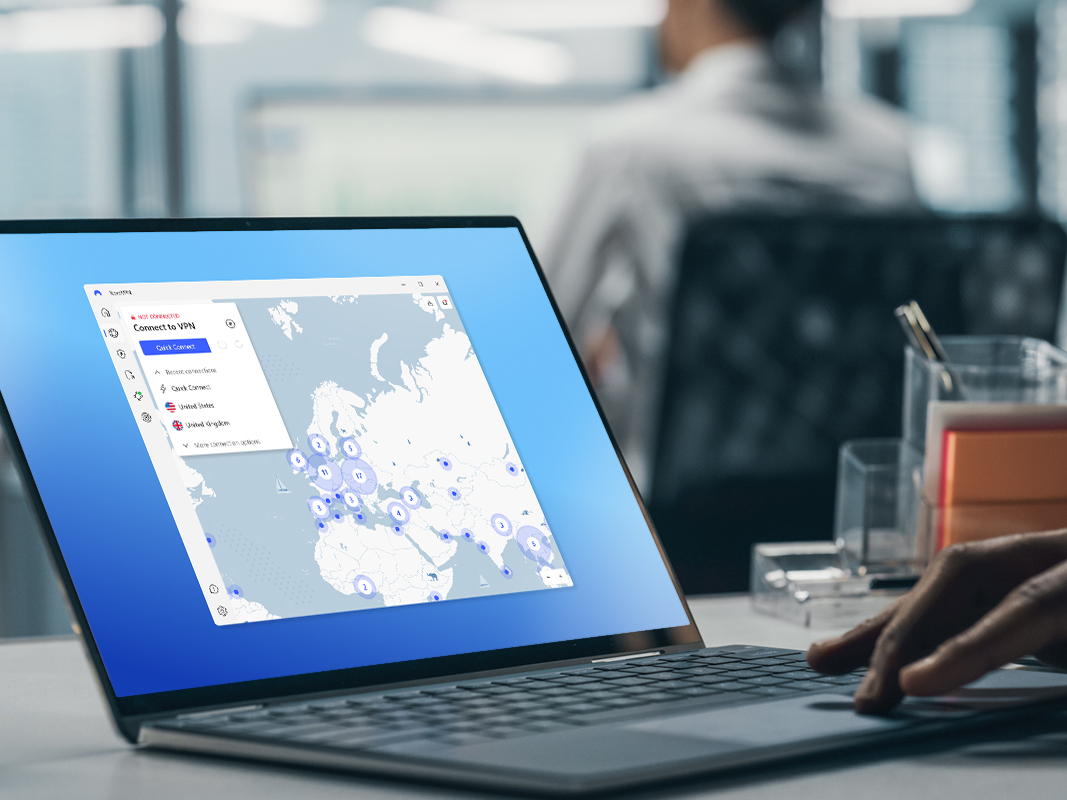Entering the world of photography or upgrading your gear doesn’t have to break the bank. In 2025, the market is rich with excellent budget-friendly cameras that deliver impressive image quality, versatile features, and a great user experience without the premium price tag. Whether you’re a student, a hobbyist, a budding content creator, or simply looking for a capable camera without a huge investment, there’s a perfect budget camera out there for you.
So, this guide highlights some of the best budget cameras, focusing on mirrorless, DSLR, and advanced compact options that offer the most bang for your buck.
Why Choose a Budget Camera?
- Cost-Effective Entry: Get into photography with interchangeable lenses without the high initial investment.
- Excellent Image Quality: Modern budget cameras often feature sensors and processors that deliver surprisingly sharp images and good low-light performance.
- Learning Curve: Many budget models are designed with user-friendliness in mind, making them ideal for beginners to learn the fundamentals of photography.
- Portability: Often smaller and lighter, these cameras are great for everyday carry and travel.
- Upgrade Path: Many systems allow you to upgrade lenses as your skills and needs grow, protecting your initial investment.
Top Picks for Best Budget Cameras 2025
Mirrorless Cameras: The Modern All-Rounders
Mirrorless cameras offer a compact form factor, fast autofocus, and strong video capabilities, making them incredibly popular.
Canon EOS R100:
- Stellar Image Quality: Canon EOS R100 4K digital camera with 24.1 megapixel CMOS (APS-C) sensor for superb image clarity…
- Compact Design: Compact, lightweight EOS R series 4K camera with an affordable price; smallest and lightest camera body …
- Powerful Image Processor: DIGIC 8 image processor allows for improved shooting functionality and 4K video capability; EO…
- Who it’s for: Absolute beginners, casual photographers, and those looking for a simple, lightweight interchangeable lens camera.
- Key Features: As Canon’s most affordable EOS R mirrorless camera, the R100 features a 24.2MP APS-C sensor, decent autofocus, and 4K video recording (with a significant crop). It’s designed for simplicity, making it easy to pick up and shoot.
- Pros: Very affordable, compact and lightweight, access to RF/RF-S lens ecosystem, good image quality for the price.
- Cons: Limited controls, no in-body image stabilization (IBIS), heavy 4K video crop, basic features.
Sony Alpha ZV-E10:
- Who it’s for: Vloggers, content creators, and those prioritizing video features in a compact, affordable interchangeable lens camera.
- Key Features: This APS-C mirrorless camera is built for video, offering a 24.2MP sensor, excellent autofocus with real-time tracking, 4K video (oversampled from 6K), and vlogger-friendly features like a vari-angle screen, product showcase setting, and a dedicated bokeh switch.
- Pros: Excellent video quality for the price, superb autofocus, compact, great for vlogging.
- Cons: No viewfinder, limited physical controls for stills-focused photographers.
Nikon Z50:
- Who it’s for: Enthusiasts seeking a capable APS-C mirrorless camera with good ergonomics and access to Nikon’s Z-mount.
- Key Features: The Z50 features a 20.9MP APS-C sensor, fast autofocus, 4K video, and a comfortable grip. It offers a solid balance of features and performance in a compact body, making it a strong entry point into the Nikon Z system.
- Pros: Good image quality, reliable autofocus, 4K video, robust build for its class, access to Z-mount lenses.
- Cons: No IBIS, smaller native DX lens selection compared to full-frame Z lenses.
DSLR Cameras: Reliable & Value-Packed
While mirrorless is the future, DSLRs still offer incredible value, especially on the used market, with robust builds and excellent optical viewfinders.
Canon EOS Rebel T8i (EOS 850D):
- High Image Quality: Canon EOS R50 4K digital camera features a 24.2 Megapixel CMOS (APS-C) sensor and DIGIC X processor …
- High-Speed Continuous Shooting: Capture fast action with up to 12 fps with Electronic First Curtain shutter and up tp 15…
- Advanced Auto Focus: Dual Pixel CMOS AF II covers up to 100% x 100% area with 651 AF zones; features auto subject detect…
- Who it’s for: Beginners and enthusiasts who prefer the traditional DSLR experience, including an optical viewfinder and long battery life.
- Key Features: This APS-C DSLR offers a 24.1MP sensor, a capable 45-point all-cross-type autofocus system, and 4K video recording. It provides a familiar and comfortable shooting experience with plenty of physical controls.
- Pros: Optical viewfinder, excellent battery life, robust build, good image quality, affordable.
- Cons: Larger and heavier than mirrorless, 4K video has a crop and is less advanced than mirrorless counterparts.
Nikon D3500 :
- Who it’s for: Absolute beginners looking for a simple, affordable DSLR to learn photography fundamentals.
- Key Features: Known for its user-friendly “Guide Mode,” the D3500 (and similar models like the D5600 for a step up) offers a 24.2MP APS-C sensor, good image quality, and excellent battery life. It’s a no-frills camera that focuses on getting great stills.
- Pros: Very affordable, great battery life, intuitive for beginners, good image quality.
- Cons: Limited video features (Full HD only), fixed rear screen (D3500), older autofocus system.
Advanced Compact Cameras: Pocketable Power
For those who want excellent image quality without interchangeable lenses, advanced compacts offer a compelling package.
Sony RX100 III (or older models in the series):
- Who it’s for: Enthusiasts who want a truly pocketable camera with a larger sensor for superior image quality than a smartphone.
- Key Features: While newer RX100 models are expensive, older generations like the Mark III (or even Mark I/II) offer a 1-inch sensor, a bright Zeiss lens, and good image quality in a tiny package. They’re fantastic for street photography and travel.
- Pros: Extremely compact, excellent image quality for its size, bright lens for low light.
- Cons: Fixed lens, older models have less advanced autofocus and video, no hot shoe.
Key Features to Look for in a Budget Camera:
- Sensor Size: APS-C sensors offer a great balance of image quality and affordability. 1-inch sensors are good for compacts.
- Autofocus System: Look for cameras with phase-detection autofocus for faster and more accurate focusing, especially for moving subjects.
- Video Capabilities: If video is important, check the resolution (4K vs. Full HD), frame rates, and any crop factors.
- Ergonomics & Controls: A comfortable grip and intuitive button layout can significantly improve your shooting experience.
- Lens Availability: For interchangeable lens cameras, consider the range and affordability of compatible lenses.
- In-Body Image Stabilization (IBIS): While not always present on budget models, IBIS is a huge plus for sharper handheld shots and smoother video.
- Connectivity: Wi-Fi and Bluetooth are standard for easy image transfer to smartphones.
Conclusion
The “best budget camera” really depends on what you need and what’s most important to you. The cameras we’ve highlighted consistently offer great performance and value. They prove you don’t have to spend a lot to get amazing photos and videos.
Think about the features that matter most to you. By doing so, you’ll find an affordable camera that sparks your creativity and helps you capture stunning content.
Only interested in a certain brand? Well I have lists on a lot of brands like the best Canon cameras in 2025.







No responses yet